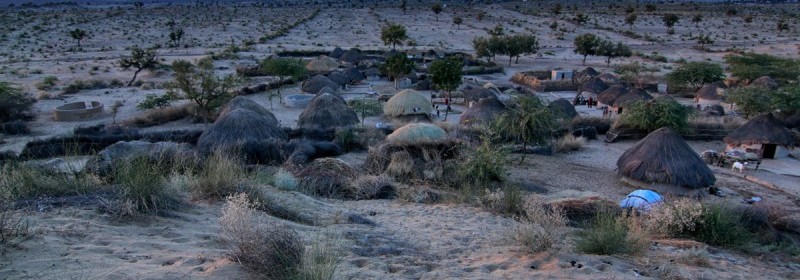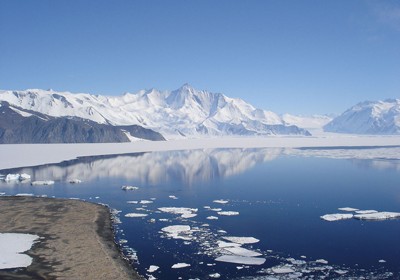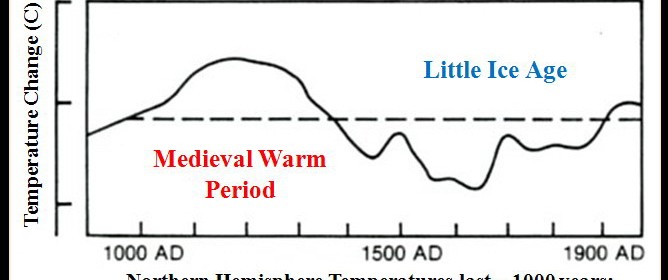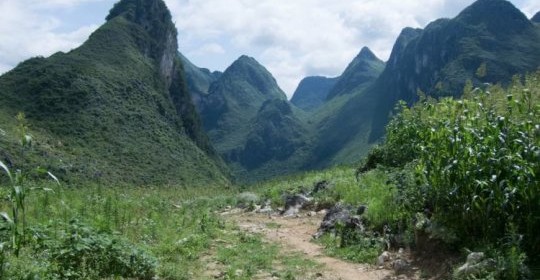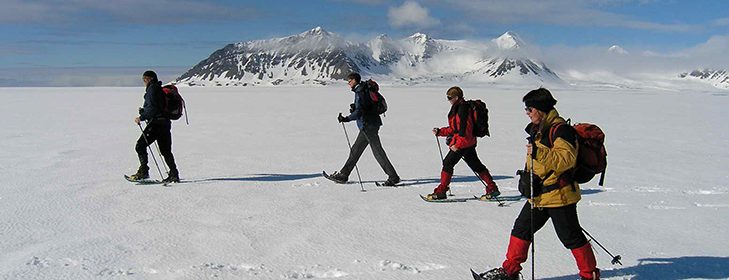EARTHS CARBON DIOXIDE LEVELS REACH HISTORIC HIGH

Climatologists found that the carbon dioxide levels have risen so high that they could have catastrophic consequences to our life on the planet earth. Prior to the 18th century the levels were averaging about 280 ppm (parts per million). The Industrial Revolution began burning fossil fuels which sent more carbon dioxide into the atmosphere. They are predicting that our carbon […]
Read more
